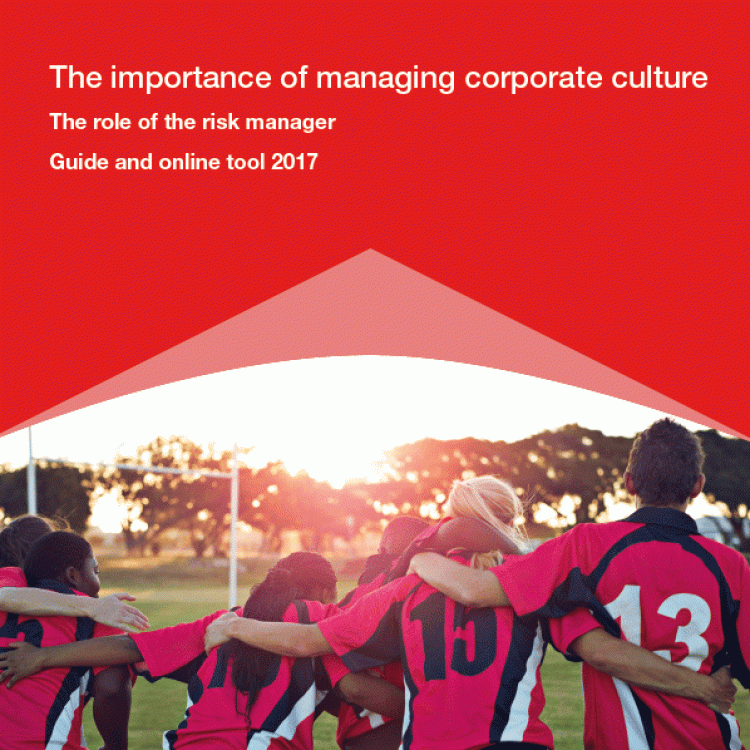Airmic launches Corporate Culture Toolkit

Includes online tool to help understand, assess and manage culture
Airmic has launched its Corporate Culture Toolkit to provide practical advice for members seeking to understand and manage their organisation’s culture. According to the association, corporate culture has a significant impact on a company’s risk management performance and can also improve the long-term performance of a business.
According to the new guide, the risk manager can and should play an important role in influencing their organisation’s culture. It notes that Airmic members who have addressed this issue report benefits such as improved employee performance, a reduction in incidents and near-misses, and reduced regulatory issues.
The resource, which can be downloaded today, consists of two parts:
- A practical guide to help members:
- understand the importance of managing culture;
- identify the key drivers of culture. - An online tool, created and shared by QBE, which members can use to:
- assess and benchmark their existing culture;
- understand best practice in managing culture;
- create an action plan to develop corporate culture.
The online tool included in the toolkit was originally created by QBE to assist its own clients after the insurance company noticed that, despite organisations having robust risk controls and processes in place, incidents and losses still happen. The tool was therefore designed to help risk managers assess and control the risks associated with people.
Last year, a survey of Airmic members revealed that over two thirds of respondents saw a lack of embedded risk culture in their organisation as a top-three concern. Meanwhile many members said that despite having regular access to the board and senior management, integrating risk management across the business units continues to be a major challenge.
Georgina Wainwright, research and development manager at Airmic and author of the guide, commented: “Corporate culture may be a hard-to-define concept but its tangible benefits are increasingly being recognised by business leaders, regulators and investors. It cannot be changed by one person or one department; however, the risk manager is well equipped to sit at the centre of the discussion. This is not an easy task, but our guide is the first of its kind that is tailor-made for risk managers.”
The importance of corporate culture was stressed by Stephen Haddrill, CEO of the Financial Reporting Council, at Airmic’s evening lecture last month. Haddrill argued that risk management and corporate culture are inherently linked, and that risk professionals have an important role in in advising and supporting the board on this issue.
